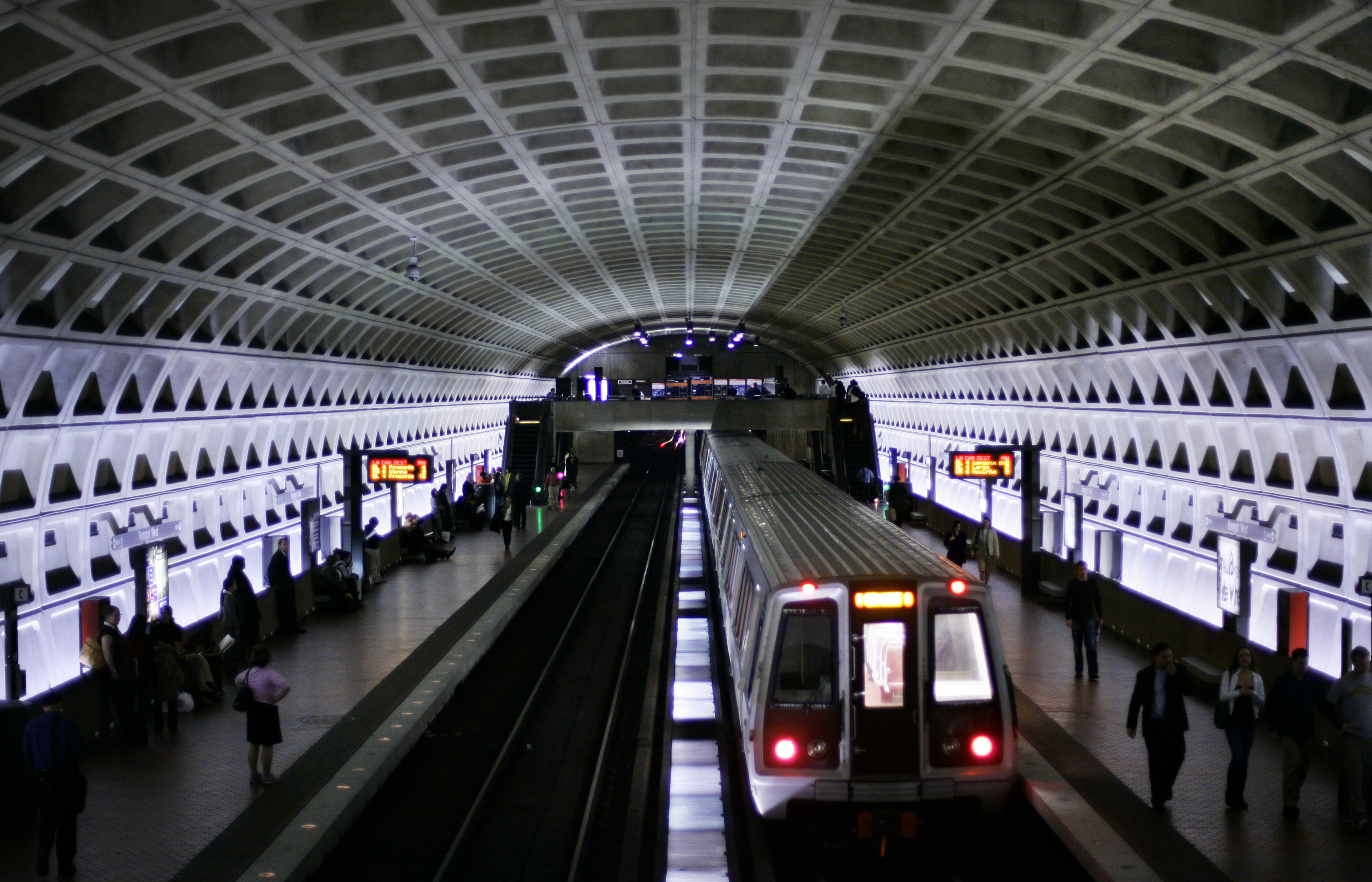WASHINGTON — Major track and power problems for Metro that led to the first ever full-day shutdown of the system last week for safety issues could be just the tip of the iceberg, as the agency’s leader considers more frequent station closings or other major changes to turn the troubled rail system around.
“We do not have answers,” General Manager Paul Wiedefeld said Thursday, more than a week after the shutdown and a week and a half after a major track fire near McPherson Square that led him to order a re-examination of key power cables in tunnels.
Wiedefeld says internal investigations will focus on how a fire so similar to the one that led to Carol Glover’s death and the hospitalization of dozens of others last year near L’Enfant Plaza could happen again 14 months later.
Both internal and external reviews are examining what was learned during the shutdown and how Metro can better maintain and inspect its power system.
“I’ve already had conversations with individuals [Metro workers]. There’s definitely a history here, and, to be totally frank, it isn’t contained just to the power department … it’s throughout the organization,” Wiedefeld says.
The litany of issues, and questions about how much track work really gets done at night or on weekends, means Wiedefeld is planning an overhaul of the current system, which largely relies on weekend, midday and evening single-tracking.
“This is an overall strategy of how we’re going to get the system up to where we want it,” he says. “It’ll be something that I will put out there very publicly that says: All right, here’s what I’m up against and here’s my plan going forward.”
Wiedefeld said in January the review would be done “in short order.”
A consultant report on the overall Metro track work system is due by May, but recommendations from a group brought in following last week’s fire near McPherson Square to specifically address power cable fires and maintenance are due by mid-April.
“I want to make sure that, whatever we learn from [the McPherson fire], that we think of it systemically … and not just start running after one thing that we think may have caused or been a part of this,” Wiedefeld says.
While Metro has no cost estimate for the new power cable maintenance and repair plan, Wiedefeld believes both the financial impact and the impact on riders will be significant.
“Because to get in and correct some of these issues, we know what it takes: it’s single-tracking at a minimum, if not totally taking down a service,” he says. “I know that’s coming; I don’t know the parameters of that yet, but I can tell you that will be a part of what we have to deal with going forward.”
For now, Metro has limited track work scheduled the next several weekends due to the torrent of riders for the National Cherry Blossom Festival.
While there is a lot of single-tracking scheduled over the next several months, the only shutdowns listed on Metro’s schedule through the end of May are one weekend in April for the restoration of a damaged pedestrian bridge over the Green Line; two weekends of platform and aerial work in May on the Blue, Orange and Silver Lines just east of Stadium Armory, and work over Memorial Day weekend at East Falls Church that will disrupt the Orange and Silver Lines.







